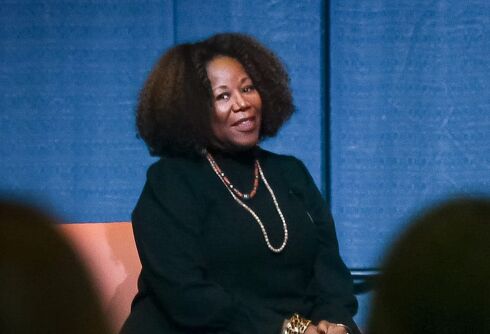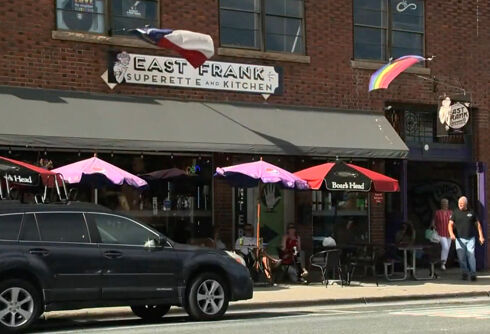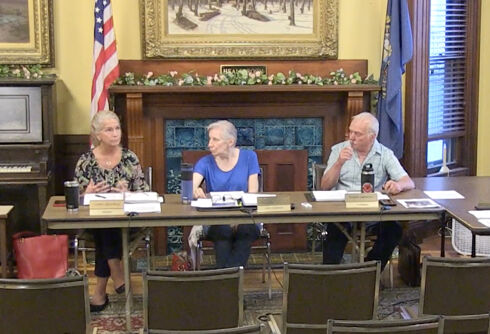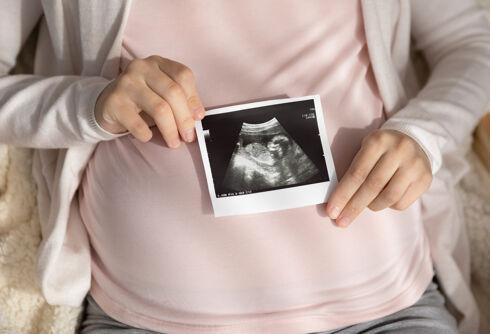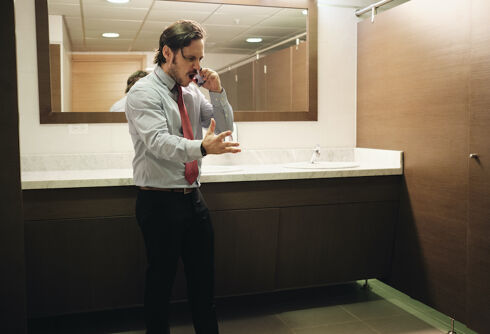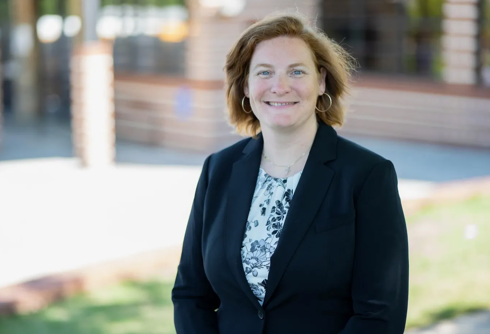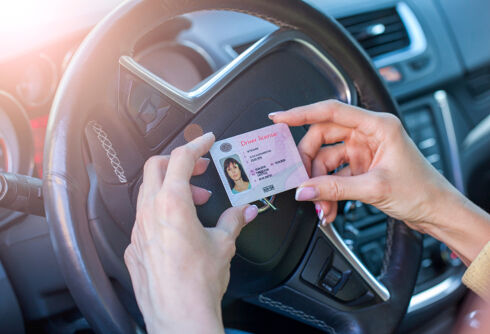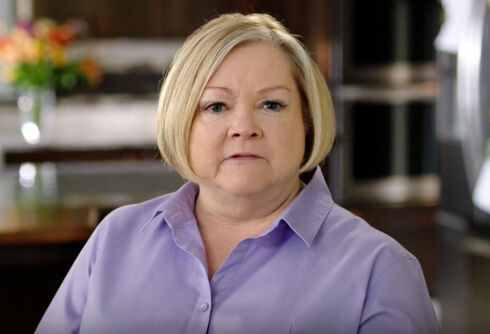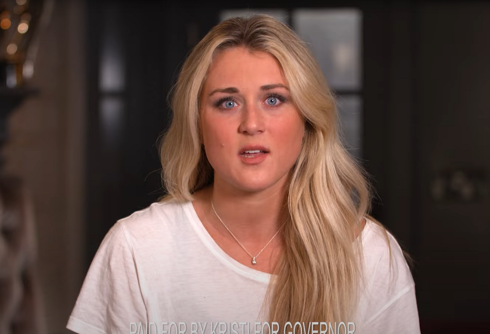Calling it an “unthinkable blow to California’s democratic system of government if the handful of individuals … could make decisions for the entire state,” Kate Kendell, Executive Director of the National Center for Lesbian Rights (NCLR), on Tuesday said that proponents of Proposition 8 should not be allowed to “usurp duly elected officials.”
Earlier today, the California Supreme Court heard oral arguments on the question of “standing” in the case of Perry v. Brown, the ongoing federal challenge to Proposition 8, the state’s 2008 voter approved ban on same-sex marriage.

The Ninth Circuit Court of Appeals has asked the California Supreme Court to decide whether state law gives the “Yes on 8” proponents authority to appeal the August 2010 ruling by then-U.S. District Court Chief Judge Vaughn R. Walker that Proposition 8 is unconstitutional — even though the California Attorney General and the California Governor agreed with the court’s decision and have decided not to appeal.
“Today’s arguments raised critical questions affecting the future of all groups who may be targeted by unconstitutional ballot initiatives, and the California Supreme Court’s decision will determine whether our state can be held hostage by special interests with no accountability to the public,” said Kendall, in a statement.
“We are hopeful that the Court will affirm that a handful of private citizens representing only their own narrow interests cannot usurp the role of the duly elected officials of the state of California,” she added.
The California Supreme Court may hold that initiative sponsors do not have any special power under state law to step in and override the decisions of the California Attorney General and Governor.
Never Miss a Beat
Subscribe to our newsletter to stay ahead of the latest LGBTQ+ political news and insights.
If the California Supreme Court holds hold that the “Yes on 8” sponsors do not have special power under state law to step in and override the decisions of “duly sworn constitutionally elected officials,” the Ninth Circuit will likely rule that the Prop 8 supporters cannot appeal the ruling.
In that situation, the Ninth Circuit would dismiss the appeal, Judge Walker’s ruling would stand, and same-sex couples would once again be able to marry in California.
Alternatively, the Ninth Circuit could permit the appeal to proceed and either affirm or reverse Walker’s decision invalidating Proposition 8.
The California court has 90 days to deliver its opinion to the Ninth Circuit.





